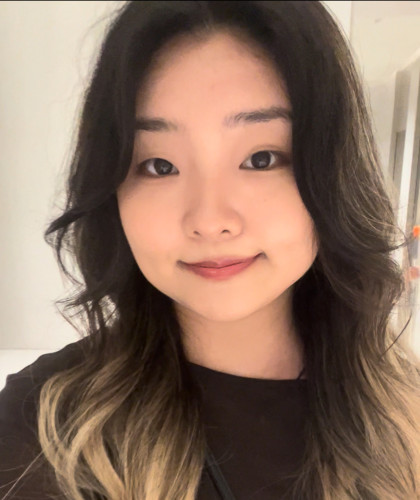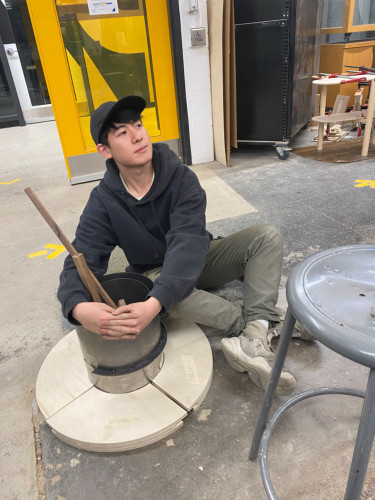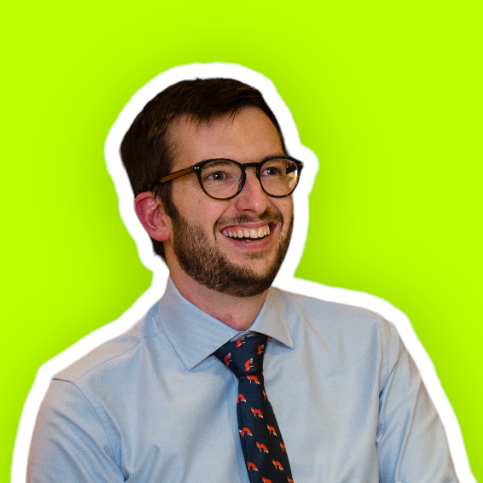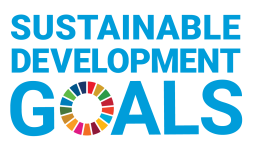Making blog

This week I worked on finishing more parts of the Pet Wagon. I attached the purple strips and the ribbons to the outside. I also completed the yellow half bowl using acrylic paint, then added a layer of varnish to make it strong and stop it from chipping.
For the resting place, I tested several pinks until I found the perfect shade. I painted the handle black with acrylic, but the paint didn’t stick well—probably because the material isn’t good for acrylic—so I covered it with black tape instead. I then drilled holes on the wagon side to attach the handle securely.
For the turf area, I wrapped the grass with a box cut to the right size. I also made a thin box for the partition, covered it with pink fabric, and attached it in place.

This week I started building the Pet Wagon. I first painted the whole wagon base white and covered up any uneven surfaces, so the fabric would attach smoothly.
I realized the pink fabric from my earlier samples was a bit too transparent—it looked white against the white background. So, I went shopping again and picked out a darker pink fabric.
I attached the pink fabric first, then I will add the purple stripes later. I experimented with a few different ways to cover the wagon, making sure the sliding door still worked easily.

Today I had my first call with Priscilla (the inventor of Pet Wagon!) and her parents. It was my first time working with a young inventor, so I felt a bit nervous. Ellie helped me prepare a lot by reminding me to keep the language clear and easy to understand.
During the call, I learned it's important not to accidentally change a young inventor’s ideas. Instead, my job is to support and gently guide their invention to come into real life. It went really well, and now I’m ready and excited to start building the wagon!

This week I focused on choosing materials for the Pet Wagon.
For the outside decoration, I explored two options—fabric and paint. I went to a fabric store and tested lots of different colors and textures. I made two samples: one using fabric and ribbons, and another is to paint it. After I talk to Priscilla, we'll pick which style she likes best.
For the wagon base, my first choice had a structure on the outside that was a bit too obvious. Ellie suggested I look for a smoother design. After researching again, I finally found the ideal wagon—it opens on the side, making it easier for pets to get in and out.

To begin, I created a realistic drawing (like a quick rendered picture) to see how the wagon might look with real materials and colors. It helped me imagine clearly how things would fit together. Next, I began exploring actual materials and tested some fabric options and textures.

Our team had a meeting with the creative designers, which was about the presentation of the product's features and asking for opinions. Based on Arianna & Meghan's suggestions, I changed the dimensions of the product and finalized the product drawing.

Understand the product requirements and the functionality of each part. Look up information to find suitable materials and conceptualize how to design i.e. the structure corresponding to the function and the materials that should be imposed.

Based on Eric's work, I try to understand its function and role. And try to start modeling, I used Fusion360 software to make a rough model that possesses a similar structure can be made Eric's work.
I took the modeling and rendering and recorded a video of the process, check it out!

I've taken the models and added in some realistic surface finishes and material textures. The materials I've used follow the brief from Jayden and Kyle; using wood for the table top and table frame then using glass to create the composting area.
To give some interesting contrast between materials, I've used a dark mahogany for the table top and lighter oak for the table legs. The 'Compost Table' name is engraved into the glass on the sides and coloured green to tie into the colour of the plants in the composting area.
I'm really please with how the table is looking in these renders. Seeing it as it may look in real life makes me imagine being able to sit by the glass and see the process of food waste turning into compost. Hopefully Jayden and Kyle like how their vision for a composting table has been transformed into this design!

I've refined the design of the compost table to have a mechanism that lets the table top slide open and closed. This has been done using a rail under the table tops which runs in a slot on the frame of the table. All parts of the table (like the legs, rails, glass panels, etc.) have also been designed to slot together and be joined by wooden pins where possible. This is in keeping with the low environmental impact of Jayden and Kyle's table design, avoiding using materials and joining methods that would be difficult to reuse or recycle when the table reaches the end of its useful life.
The model now also includes some soil and plants in the middle. This is the area where food waste and crumbs can be dropped into when the top is opened giving a great source of nutrients to the plants within! I feel this has brought the idea to life, and gives us a model that's resembling Jayden and Kyle's vision.
In the screenshots of the table you'll notice that it's now all sorts of bold colours! The next stage of the project will be to create renders, this is where I will apply realistic surface finishes and material textures to the table to bring the model to life. Having different colours on the model makes it easier to drag and drop different surface finishes onto the table. For example, all the yellow will be replaced with an oak wood grain texture.
I can't wait to see how the renders come out next!

The sketches and models created by Kyle and Jayden were amazing and gave a great starting point for me to turn the compost table idea into a more detailed CAD (computer aided design) digital model.
This initial model doesn't have any colour or texture, this will come later once we've got all the parts made. But with the detail Kyle and Jayden talked about in our kick off meeting, I have been able to create the basic design of the table. I've kept the chunky legs sitting on log discs. On top, I'm creating a sliding system which will allow the table top to easily open when you want to drop food waste and crumbs into the composting area. The sides and base of the composting area are made from glass panels which fit into slots in the legs.
My next job is to finish off the mechanism which allows the table top to slide open and closed. Once I've done this I'll create a coloured version of the model which can be rendered to make it look real. Can't wait to see what it looks like during this next stage!
